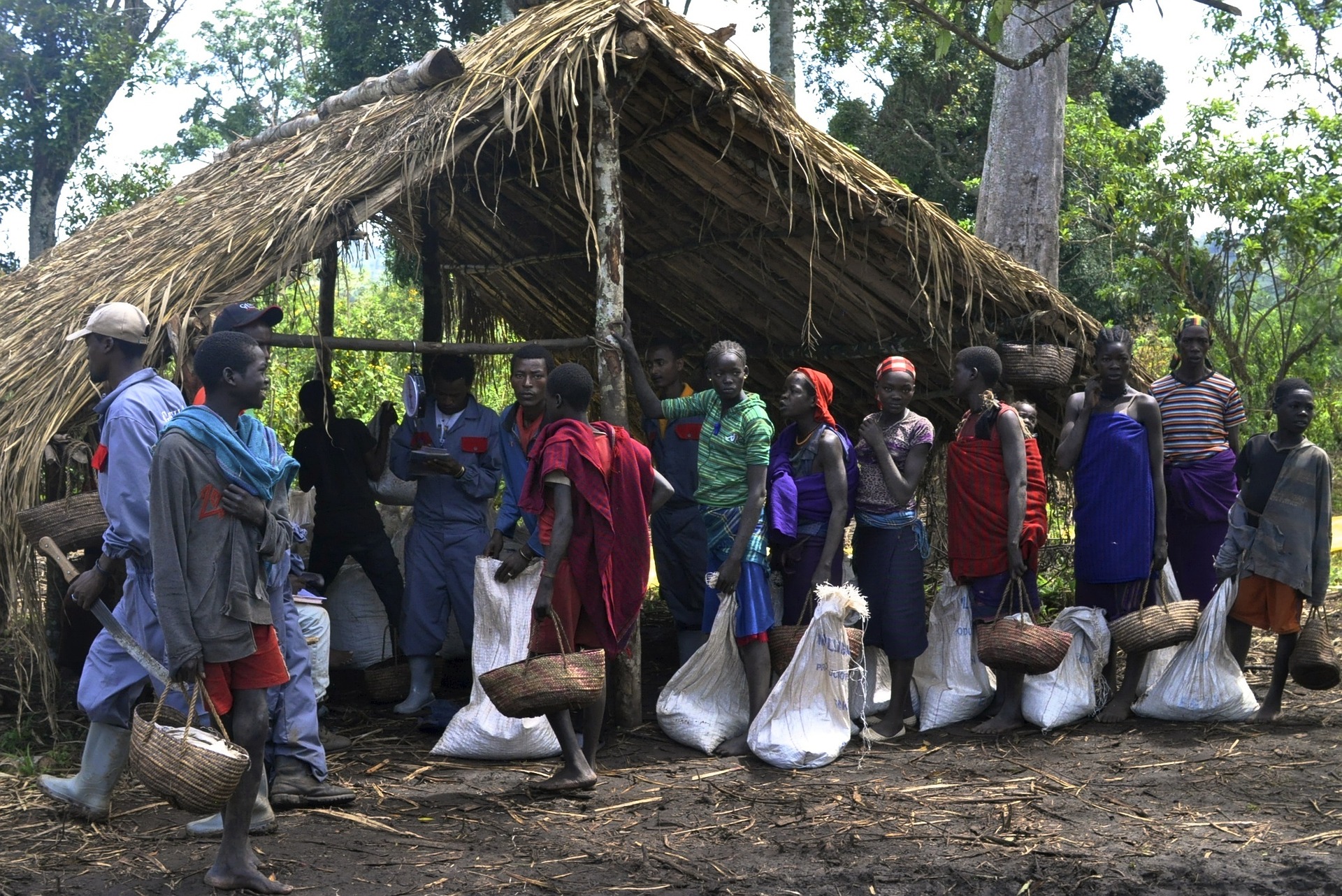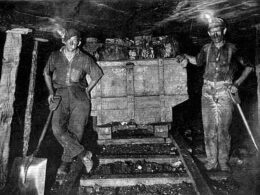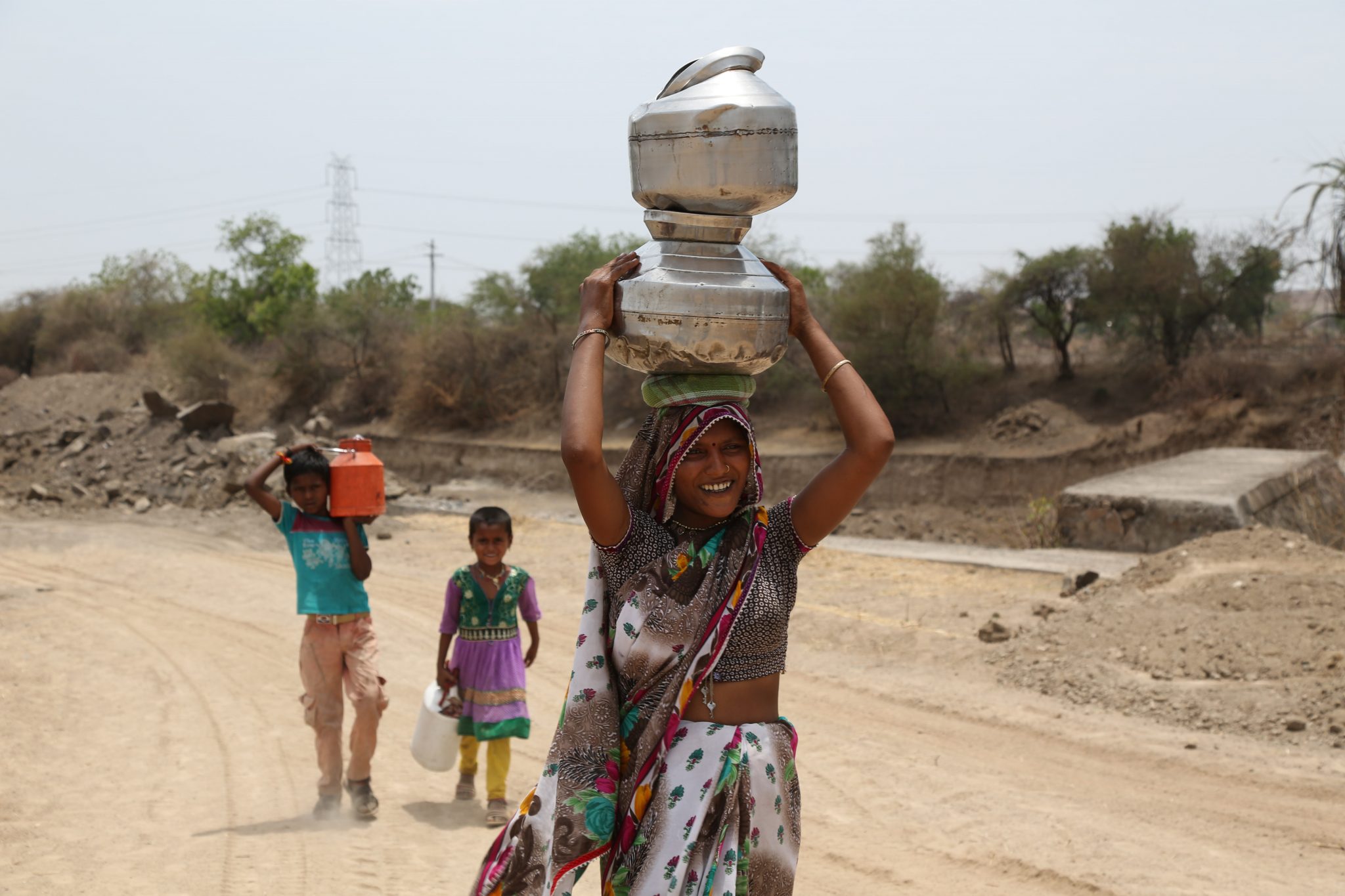Increased worries about global warming and climate change and extreme poverty among farmers led to the development of coffee sustainability schemes. Let’s review the main coffee sustainability schemes.
What’s all about? A number of large coffee purchasers and coffee traders have started to implement more transparent sourcing practices responding to increasing demand by the specialty coffee industry and savvy consumer.
Indeed, farmers produce coffee in elevated jungly terrains in over 60 countries all around the world. They barely receive a dollar per pound. On the other side, consumers pay for an Aeropress cup of coffee up to US$10. How to reconcile this?
Some of the world’s largest coffee trading houses have favoured the following 3 coffee certifications.
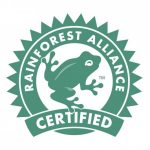
Rainforest Alliance
Probably the most ambitious and protective, the Rainforest Alliance certification is an international NGO focused on the sustainable management of agriculture, business, and forests.
The Rainforest Alliance‘s main goal is to improve the level of sustainability by educating farmers about better agricultural practices that result in increased crops and preserved forests.
The Rainforest Alliance works on the 10 main pillars of the Sustainable Agricultural Network:
- Social & Environmental Management
- Ecosystem Conservation
- Wildlife Conservation
- Water Conservation
- Fair Employee Treatment
- Occupational Health & Safety
- Community Relations
- Integrated Crop Management
- Soil Conservation
- Integrated Waste Management
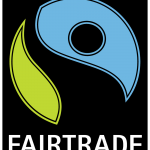
Fairtrade
Equitable trade is the main principle behind Fairtrade, which defends better prices and working conditions for farmers and workers in the developing world.
The Fairtrade initiative, present in the coffee, cocoa, tea, honey, bananas, orange juice, and sugar markets, aims at providing farmers with a minimum sales price enough to afford running water, healthcare, and education.
As such, the idea is that regardless of market conditions, farmers producing under this scheme have been paid a “fair price” for their crops.
The main problem with the concept of a fixed price is that paradoxically it incentivises the lowest-quality possible crop, because quality crops won’t be paid accordingly.
This means, that farmers will want to sell their worst product under the Fairtrade brand, since it ensures them a certain price, regardless of quality.
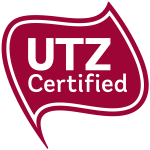
UTZ CERTIFIED
UTZ is an independent organisation founded by producers to promote and certify “decent standards” in farming and production of coffee, cocoa, tea, and hazelnuts.
The UTZ sustainability program is based on two main principles: fairness, and transparency, as specified in their two main sets of guidelines: the Code of Conduct, and the Chain of Custody.
The UTZ standards aim at ensuring sustainable social and environmental practices in farming, as well as guidelines for an economically efficient farm management.
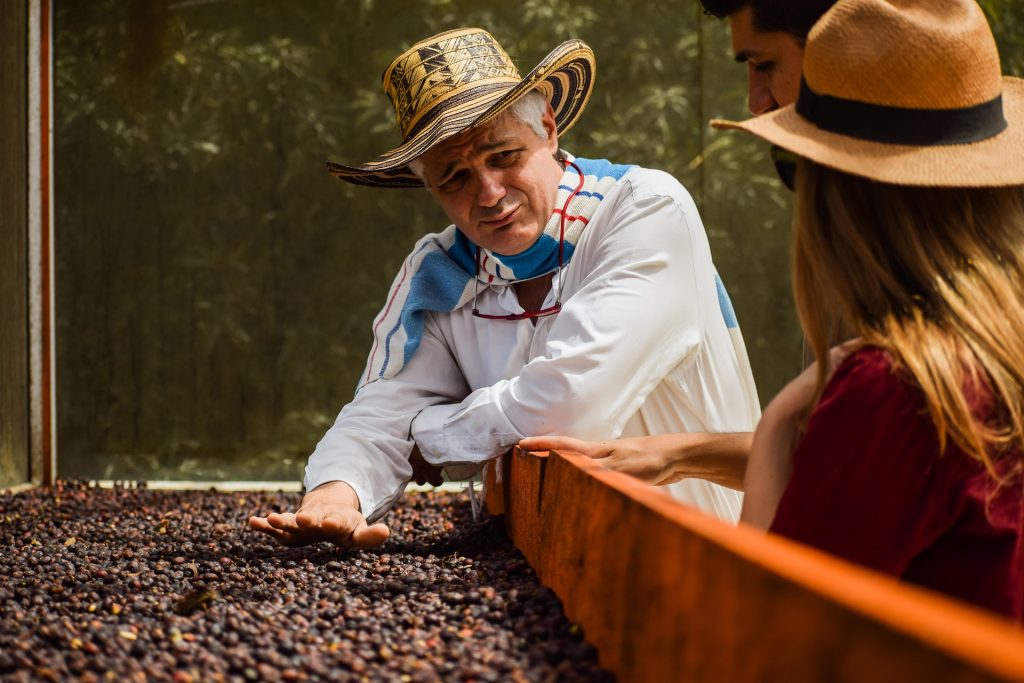
Concluding Remarks
Sustainable coffee farming is a hot topic that has been on the table for too long.
Initiatives such as Rainforest Alliance, UTZ, and Fairtrade are trying to improve the well-being of farmers, forests, and business. But how about quality? We’ll see.
Finally, it seems that the main coffee traders are increasingly aware of the visibility of their role and have since improved the transparency of their supply chain.
Many argue, however, that the promotion of specialty coffee is the single best way to improve farming and forest conditions. Let’s educate and keep learning about specialty coffee.




